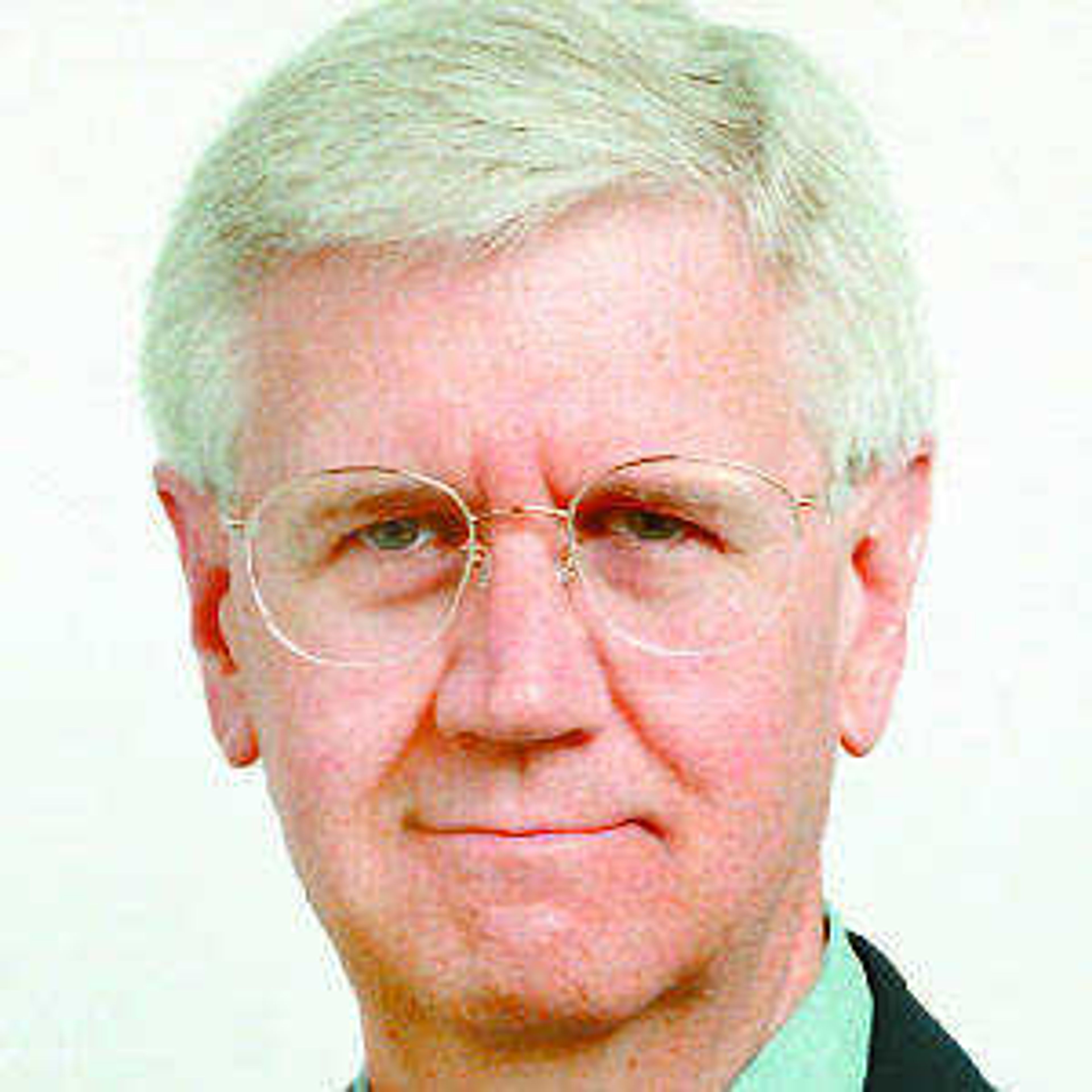Looks like a storm is coming ... or maybe not
Weather forecasting has come a long way since my childhood on Killough Valley in the Ozarks over yonder. I guess. Forecasting is a lot fancier these days, what with computer models and dazzling electronic displays of radar showing a tornado heading for your house...
Weather forecasting has come a long way since my childhood on Killough Valley in the Ozarks over yonder.
I guess.
Forecasting is a lot fancier these days, what with computer models and dazzling electronic displays of radar showing a tornado heading for your house.
Once upon a time, you had to rely on the neighbor's aching knee or watch for a wind strong enough to make the red-tailed hawks fly backward. It happens. Trust me.
Official forecasts from the weather service were few and far between in those days. We used the radio sparingly to save the battery. So most of our predictions were based on common sense. How many times did I hear "If the good Lord wants it to snow, it will."
Interpretation: Either it will snow or it won't.
Nowadays, weather forecasts and well-trained, conscientious meteorologists save lives. The human loss in today's weather events is tragic beyond words, but it would, without a doubt, be much worse without nonstop Internet, TV and radio forecasts when the weather service spots a nasty storm in the making.
Sure, we grouse about the interrupted TV programming. But ask someone who went to the basement just before a tornado smashed into his house what he thinks about those storm-tracking weatherwomen and weathermen.
Of course, the idea that too much warning is far better than not enough is clearly evident. Thankfully, many tragedies that are forecast to be headed our way never materialize. A lot of folks wondered if the blizzard this week would materialize. It did, but a lot of folks around here were happy fewer inches of snow fell than predicted.
When we moved from New York to Idaho in 1971 -- in January, no less -- we wondered if we would make it across the mountains. But we were assured, again and again, by lifelong residents of Moscow, Idaho, that winters there were about the same as southern Missouri. And we believed them.
I drove, dropping my wife and son off at her parents in mid-Missouri. They would fly to Idaho after I got there and found a place to live. When I got to Boise, I was told U.S. 95 near McCall was closed. That's the only north-south highway in the state. My options were to wait for a thaw -- and who knew how long that would be? -- or take a circuitous route into Oregon and Washington, arriving in Moscow from the west. That's what I did, and it turned out Moscow hadn't had a bit of snow from the storm that closed the highway.
The rest of that winter, indeed, resembled what I remembered winters to be in southern Missouri. So when Halloween arrived the next fall, we thought nothing of putting our young son in a duck suit to go trick-or-treating for the first time. By the time we got the suit fastened and the cardboard duck feet attached, there were big fluffy snowflakes floating in the air. My wife and son left to visit a few of the neighbors. They were gone less than half an hour -- by which time more than six inches of snow had fallen.
That was the winter that it did not stop snowing until Easter of the next year. Literally. Snow drifted as high as our roof on the north side of the house, blocking the living room windows. Snow also drifted over our garage, and snowmobilers would race down the hill behind the garage, over our garage and land somewhere in the street in front of our house.
Folks, that was not like southern Missouri. At all.
By October of that year we had found a way to move back to Missouri. Before Halloween.
We eventually wound up in Maryville, Mo., where in the early 1980s we had a winter with 10 times as much snow as Moscow, Idaho.
My first interview trip to Cape Girardeau in late winter of 1994 was almost enough to make me turn around and go home. A huge snowfall had just occurred, and there was so much snow on Broadway that plowed snow was dumped in the middle of the street with cleared lanes on both sides.
I never expected winters to be so fierce in Cape Girardeau, but then we had those ice storms. After that, this week's "blizzard" was a piece of cake.
Now that we've had our snow, let's move on to an early spring. What do the computer models say, weather forecasters?
Joe Sullivan is the retired editor of the Southeast Missourian.
Connect with the Southeast Missourian Newsroom:
For corrections to this story or other insights for the editor, click here. To submit a letter to the editor, click here. To learn about the Southeast Missourian’s AI Policy, click here.










